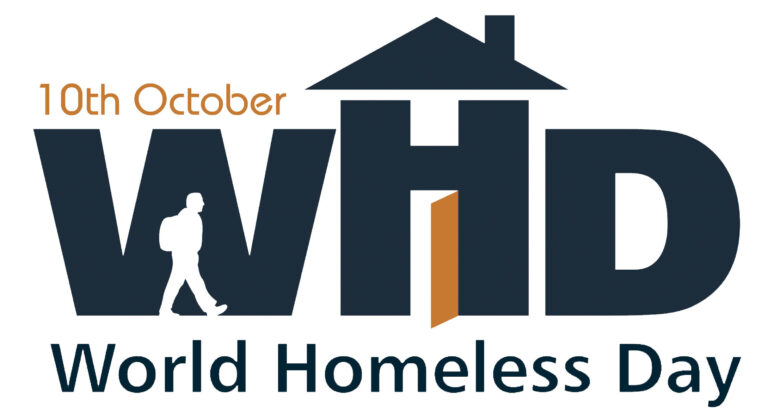Ahead of the 10th October, 2023, an annual date marked as ‘World Homeless Day’, it’s important to consider the language we use and message we convey when we talk about homelessness. Instead of going along with the popular myth that ‘ending homelessness’ is in any way plausible, realistic and the solution, let’s talk truthfully, and speak up about homelessness for what it is. We need to flip the narrative to remove the stigma, judgement and barriers people who experience homelessness face.
The truth of the matter is homelessness is not going anywhere; it is an inevitable human experience that can happen to anybody and happens to people every day. The reasons and factors that contribute to someone becoming homeless are vast and are different among people. Some of the most common circumstances that result in homelessness for someone include relationships ending or breaking down, this includes friendships and family dynamics as well as romantic relationships coming to an end. Other factors are losing accommodation whether that be through eviction or other reasons such as the home no longer being a safe place to live; cuckooing, domestic violence, property damage such as fire, burglary etc. Leaving hospital, prison, dispersal accommodation. These situations come about for an array of reasons; homelessness can happen as a result. The most important factor is difficult to pin down and define because this is a wider human nature and philosophical aspect. There are internal factors alongside the external factors of homelessness, these are part of the entanglement of being human; inseparable aspects of life which we all navigate individually with different resources and in relation to our own reality. All of these external and internal factors are never going away, hence, homelessness isn’t either.
We could be utilising an internationally marked day that provides a huge platform by talking about how we can collaborate as humans, communities and services to ensure that when people face homelessness it is a transitionary period that is accepted as a tough time people often face during life. An approach that doesn’t stigmatise, institutionalise, and dehumanise anybody. Homelessness is a situation that does not define the person or their capabilities. People who face homelessness, also come through and move forward by realising they have the internal resources and when external networks work for them. The majority of the barriers to overcoming homelessness are caused by external systemic issues that need to be addressed.
Why aren’t we talking about that?
Written by Sam Abram,
Progression Coach Team Lead, The Brick

